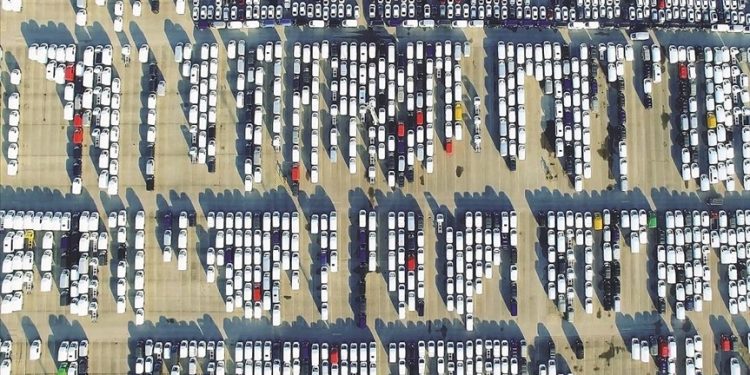HARARE, Zimbabwe
Experts in the automotive industry in Zimbabwe have revealed that the cost of maintaining vehicles has declined compared to 15 years ago, owing to the end of a monopoly by white, Asian, and Nigerian ethnic groups.
Vehicle parts shops owned by residents have sprouted at every corner in major cities making it easy for motorists to access affordable parts.
“Compared to 15 years ago, I can tell you that the cost of spare parts for cars like Mercedes Benz, Honda, BMW and Nissan has gone down,” said a top vehicle technician with ZIMOCO, a Mercedes Benz dealer that enjoyed a monopoly from 1980 until the mid-2000s.
“Today the same cars can be maintained at more than 60% reduction as the number of specialized companies has also increased,” he added.
The technician preferred anonymity and said: “There are several companies now owned by locals, offering exactly the same services as ZIMOCO but at lower prices owing to competition.”
“Ten years ago, spare parts were not readily available and we would make customers wait for three to four weeks for spares to be imported, it’s all gone now,” he said.
Phibion Zulu, 52, has driven only Mercedes Benz for the past 25 years from the time he first owned a car. He concurred that the maintenance of vehicles in Zimbabwe has fallen over the years.
“It used to be very expensive to own a car in Zimbabwe as spare parts were too dear and not readily available,” he said. “While I needed between $300 and $500 for full service 10 years ago, now it’s down to less than $200.”
Job creation
According to Nissan specialist Kenneth Sithole, the automotive industry opened up in the early 2000s when companies laid off highly skilled technicians owing to economic hardships.
“These skilled workers went on to start their own small companies while ordering spares from Japan and Dubai. Although there were concerns at first that the new crop of players could be selling counterfeit parts, the market later opened up,” said Sithole.
“I run a spares shop in Harare and have employed three people to assist, we also have our touts outside shops whom we also pay for bringing business to our shops because there is stiff competition,” said Cleopas Musakasa, who works in car sales and motor parts.
The opening up of the industry also meant female players could be accommodated.
“It was a blessing in disguise that economic hardships forced established motor spares companies to lay off experienced workers and this led to the transformation of the industry with many of them starting their own companies in the early 2000s,” said Lynnette Manzini a journalist and motor spares dealer.
“It became easy for us females to penetrate as well, thereby creating jobs for local Zimbabweans,” Manzini added.
Influx of Japanese cars
It is not clear how many cars could be roaming Zimbabwean roads but the Zimbabwe National Road Administration (ZINARA) estimates more than 2 million vehicles could be in the country.
But the vehicle registry is still missing cars that have not been registered and not accounted for, bringing the total to an estimated 5 million.
The sharp increase was caused by the influx of Japanese vehicles that sold far cheaper than locally manufactured cars by Mazda Motor Industries and Quest Motors.
While per average the cheapest locally manufactured sedan would sell for $30 000, the same amount would be enough to import a Toyota Hilux from South Africa with customs duty included.
On average, smaller cars are sold between $4,000 and $8,000 in Japan and the cost of maintenance would not exceed $500 per annum, Godknows Homwe who drives a Mercedes Benz told Anadolu Agency.
“If by today the vehicle market had not opened up for local players, I would not have afforded to buy a Mercedes Benz,” he said.






